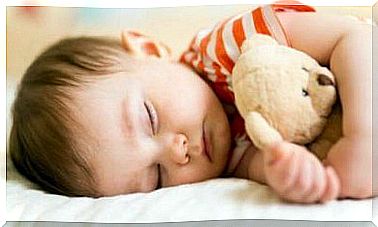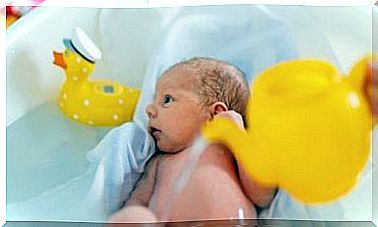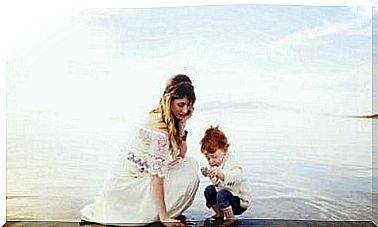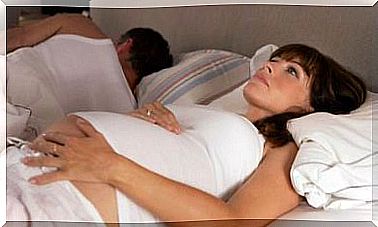Are Babies Often Born At The Same Time Of Day?
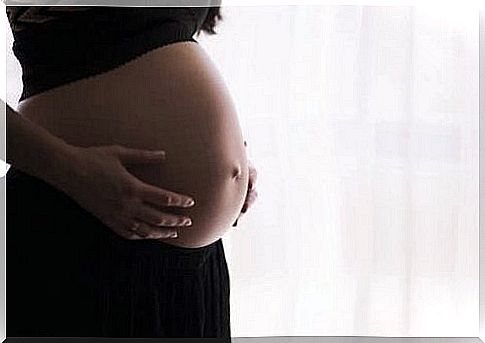
Some people believe babies are often born at the same time of day – between 6 a.m. and 10 a.m. However, this varies, of course, due to the way women give birth. At the same time, other external or internal factors also influence the time of day of a birth.
It is a widely controversial topic that you can imagine can be confusing. We will therefore take a closer look at this topic in the following.
What are the determining factors in whether babies are born at the same time of day?
Experts agree that the type of birth a mother chooses is a determining factor in when to give birth.
In the past, there have been few options for expectant mothers. As a result, most of the births took place at night.
Other factors that also affect timing of delivery include:
C-section births: Are babies often born at the same time of day?
Nowadays, a large number of births are planned in advance. This planning usually revolves around mother and child health.
When it comes to caesarean births, they usually happen between 6 a.m. and 10 a.m. The most popular time is 8 a.m.
With regard to the days of the week, most Caesarean sections take place between Monday and Friday.

This is due to hospital workflows or schedules that prevent scheduled births from taking place on a weekend or on public holidays.
They are also less likely to have a cesarean section at night. However, this only applies in the event that no complications occur.
Induced birth
For births that have been initiated, the period in which children are born changes. Most women give birth here between 1 p.m. and 7 p.m.
What is the explanation for this? Most mothers who need to be induced are given appropriate medication in the morning or undergo induction techniques in the early hours of the morning.
This practice helps create daytime contractions, which consequently lead to the afternoon births.
Spontaneous births
Spontaneous births are less common and birth times are therefore completely unpredictable. In other words, no one can claim that most babies will be born at the same time of day in this type of birth.
However, doctors point to an increase in labor activity during the night. Melatonin (a hormone produced in the absence of light) is thought to activate hormones, such as oxytocin, that trigger labor.
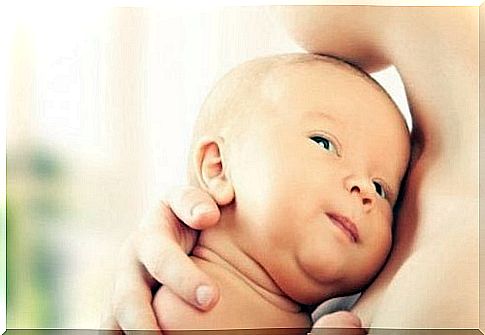
It can therefore be observed that children who give birth spontaneously are born at 4 a.m. If complications arise or the birth process slows down for various reasons, the chances are better that the baby will be born the next morning.
With spontaneous birth, it’s also impossible to predict what day of the week a baby will be born – although some studies suggest that more babies will be born on a Tuesday. However, this has not been proven.
Other interesting facts about birth times
It is clear that there is no definite way of telling whether most babies are born at the same time of day. That being said, there are specific statistics available about the nature of a woman’s birth.
The experiences of midwives and gynecologists have led to interesting data over time. For example, an estimated 30% of births occur in January, September and October.
In addition, 60% of births occur during the day, i.e. between 6 a.m. and 6 p.m. It is also interesting that the number of births is considerably lower in the months of November and December.
After all, the day of the week when more babies are born is Sunday.
